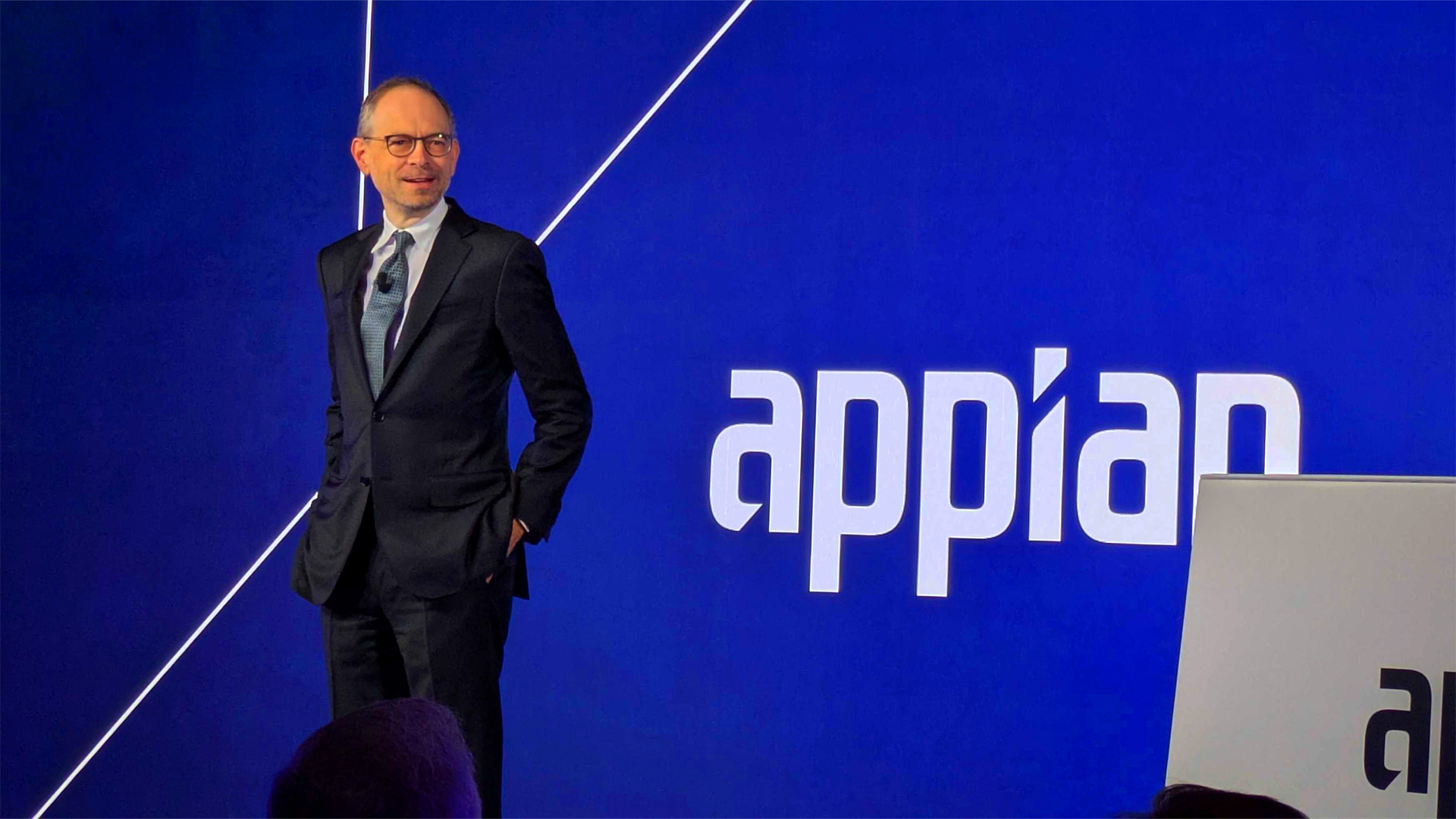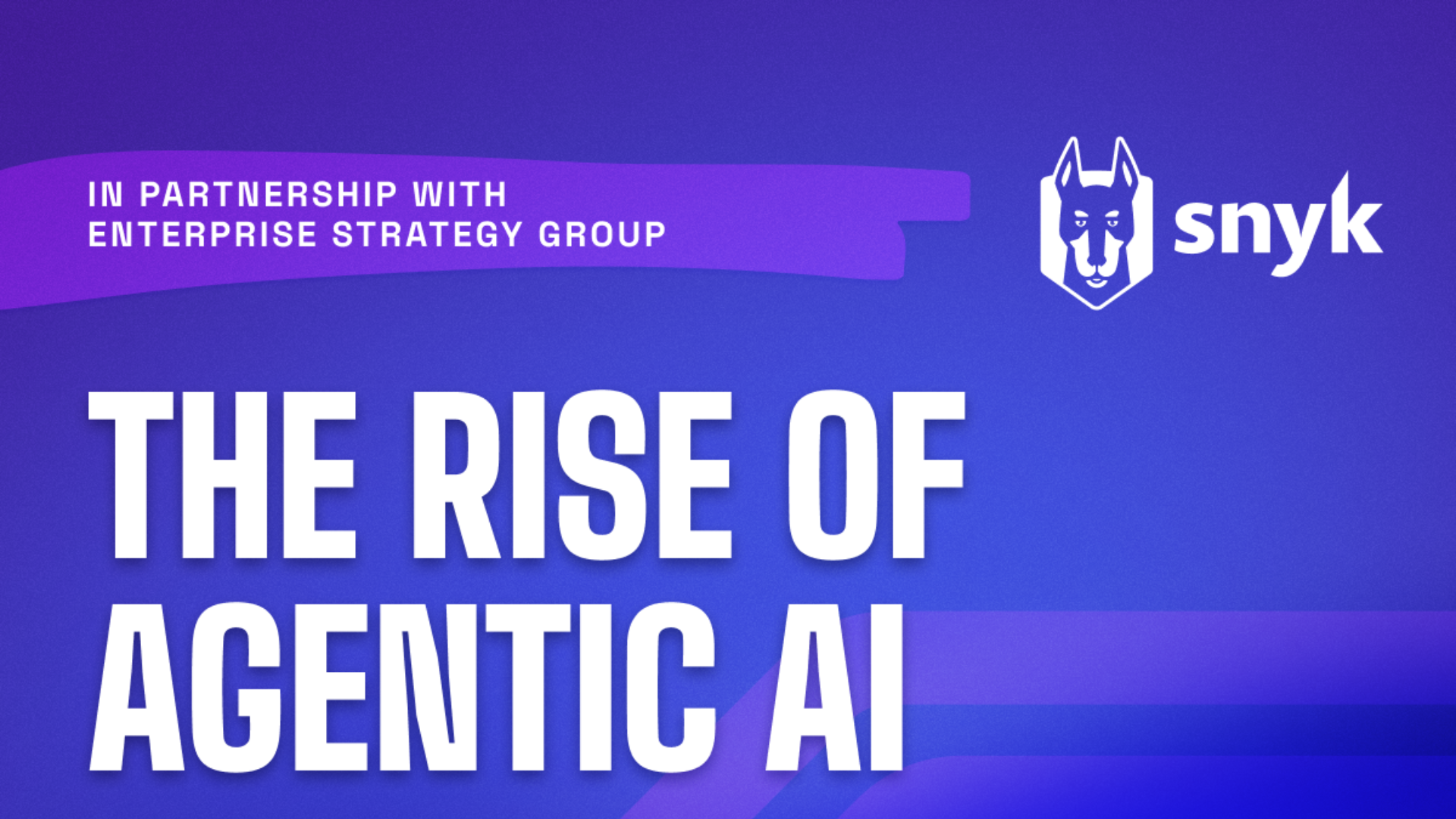The UK’s AI ambitions face one major hurdle – finding enough home-grown talent
As the government pledges to boost the UK's AI skills, many business leaders are looking to recruit from abroad


While government plans to create 13,000 jobs as part of its AI Action Plan have been welcomed, researchers have raised concerns over a potential lack of skilled labor to meet growing demand in the industry.
AI positions are among the hardest for organizations to fill, according to a study from HR platform Deel, with nearly a quarter of enterprises revealing they were most worried about their ability to recruit for AI roles this year.
Matt Monette, UK country manager at Deel, said the UK’s ambition to become a global hub for AI innovation will “hinge on whether organizations have the right skills to make that happen”.
"Clearly, businesses are worried that isn’t the case and without the right people, they - and the wider British economy - will struggle to realise the benefits that AI promises,” he said.
As a result, many organizations are looking overseas to attract the right talent, researchers found. Nearly half of business leaders said they were considering hiring for tech jobs internationally this year.
Nearly three-quarters of IT firms specifically said they would hire internationally to accommodate for talent shortages.
"Hiring from abroad can ease this pain point, letting organizations expand their nets for identifying the right skills for plugging technical gaps," Monette said.
Sign up today and you will receive a free copy of our Future Focus 2025 report - the leading guidance on AI, cybersecurity and other IT challenges as per 700+ senior executives
"Plus, not only does it bring in the talent necessary for today’s tech challenges but also sets the stage for sustainable growth in a world where workers are increasingly demanding flexibility to work from anywhere."
The main sources of foreign talent are the US and Europe, both cited by around half the respondents, followed by Canada at 32%. Asian regions such as India and China were also seen as potential talent hubs.
International demand for UK tech roles is already high, Deel data shows, with visa applications placing Britain as the fifth most popular country globally for expats working in the sector.
Red tape could hinder access to international talent
However, British businesses are worried about the potential barriers restricting them from accessing global talent.
The largest concerns highlighted by enterprises include complex legal requirements, cited 55%, followed by stricter immigration policies and compliance risks, both cited by about half of business leaders.
The government outlined a series of steps aimed at bolstering AI-related talent to accommodate its plans.
Notably, the AI Action Plan specifically highlighted scholarship and fellow programs as potential ways to drive talent into the sector, along with the creation of Skills England and the Curriculum and Assessment Review.
RELATED WHITEPAPER

These initiatives, it said, would help upskill the existing workforce, as well as teaching young people key skills.
Concerns over AI talent are by no means a new trend for UK tech businesses, with research from last year highlighting this as one of the key barriers to adoption plans.
In a survey from Red Hat, more than eight-in-ten tech leaders said the sector faces an ‘urgent’ AI talent gap. Workers skilled in areas such as generative AI, large language models (LLMs), and data science were hugely sought after, but enterprises struggled to fill roles.
This marked an increase compared to the year prior, Red Hat noted, with AI skills shortages now representing the biggest headache for c-suites ahead of access to cybersecurity talent.
MORE FROM ITPRO
- Struggling to find AI talent? Try workforce upskilling
- AI skills are the ticket to the best paying jobs
- Finding staff with 'soft skills' has become a critical enterprise focus
Emma Woollacott is a freelance journalist writing for publications including the BBC, Private Eye, Forbes, Raconteur and specialist technology titles.
-
 Want to keep your job in the AI era? Start retraining now
Want to keep your job in the AI era? Start retraining nowNews Workers face critical decisions over the best way to upskill and retrain in the age of AI
-
 Appian wants to usher in the age of ‘serious AI’ where processes are automated in unglamorous places
Appian wants to usher in the age of ‘serious AI’ where processes are automated in unglamorous placesNews Founder and CEO Matt Calkin opens Appian Europe with the belief that we can do business automation better
-
 Microsoft and Nvidia are teaming up again to support UK startups
Microsoft and Nvidia are teaming up again to support UK startupsNews Agentic Launchpad will offer participants AI expertise, training and networking, and marketing support
-
 AI resume screening, recruiter chatbots, and ‘ghost jobs’ are causing havoc for struggling entry-level workers
AI resume screening, recruiter chatbots, and ‘ghost jobs’ are causing havoc for struggling entry-level workersNews A new report shows employers are cutting back on entry-level hiring, but expect things to improve eventually
-
 Microsoft’s huge AI spending still has investors sweating despite solid cloud growth
Microsoft’s huge AI spending still has investors sweating despite solid cloud growthNews Capital spending at Microsoft continues to surge, despite previous claims it would cool down
-
 Analysts warn AI layoffs could spark a new wave of offshoring – enterprises are rehiring after workforce cuts, but either outsourcing or at lower rates of pay
Analysts warn AI layoffs could spark a new wave of offshoring – enterprises are rehiring after workforce cuts, but either outsourcing or at lower rates of payNews Analysts expect a wave of rehiring next year in the wake of AI layoffs. That may sound like good news for workers, but it'll probably involve offshoring or outsourcing.
-
 UK firms are pouring money into AI, but they won’t see a return on investment unless they address these key issues
UK firms are pouring money into AI, but they won’t see a return on investment unless they address these key issuesNews An SAP report projects increased AI investment, but cautions that too many organizations are taking a fragmented approach
-
 Employee ‘task crafting' could be the key to getting the most out of AI
Employee ‘task crafting' could be the key to getting the most out of AINews Tweaking roles to make the most of AI makes you more engaged at work


